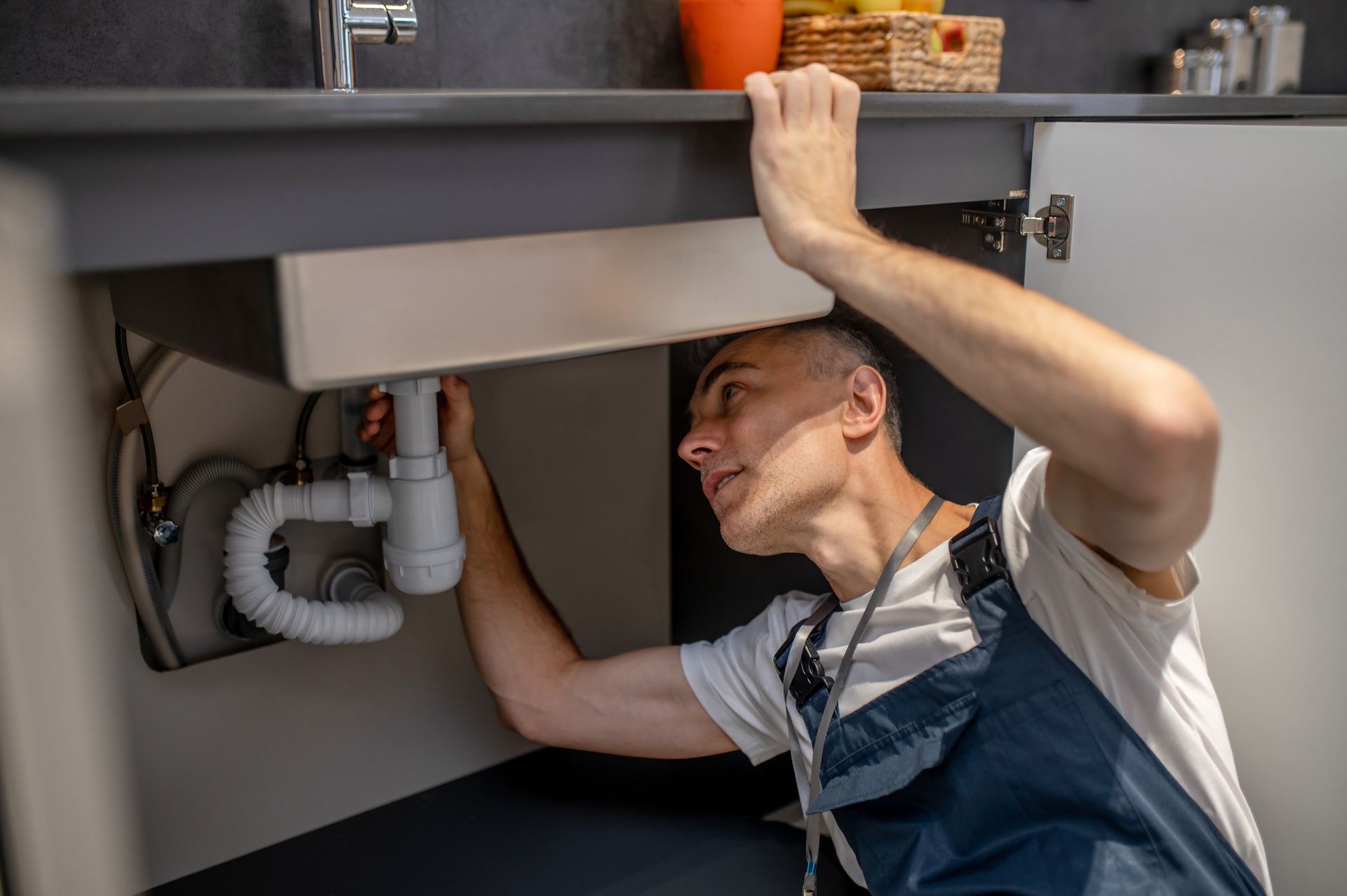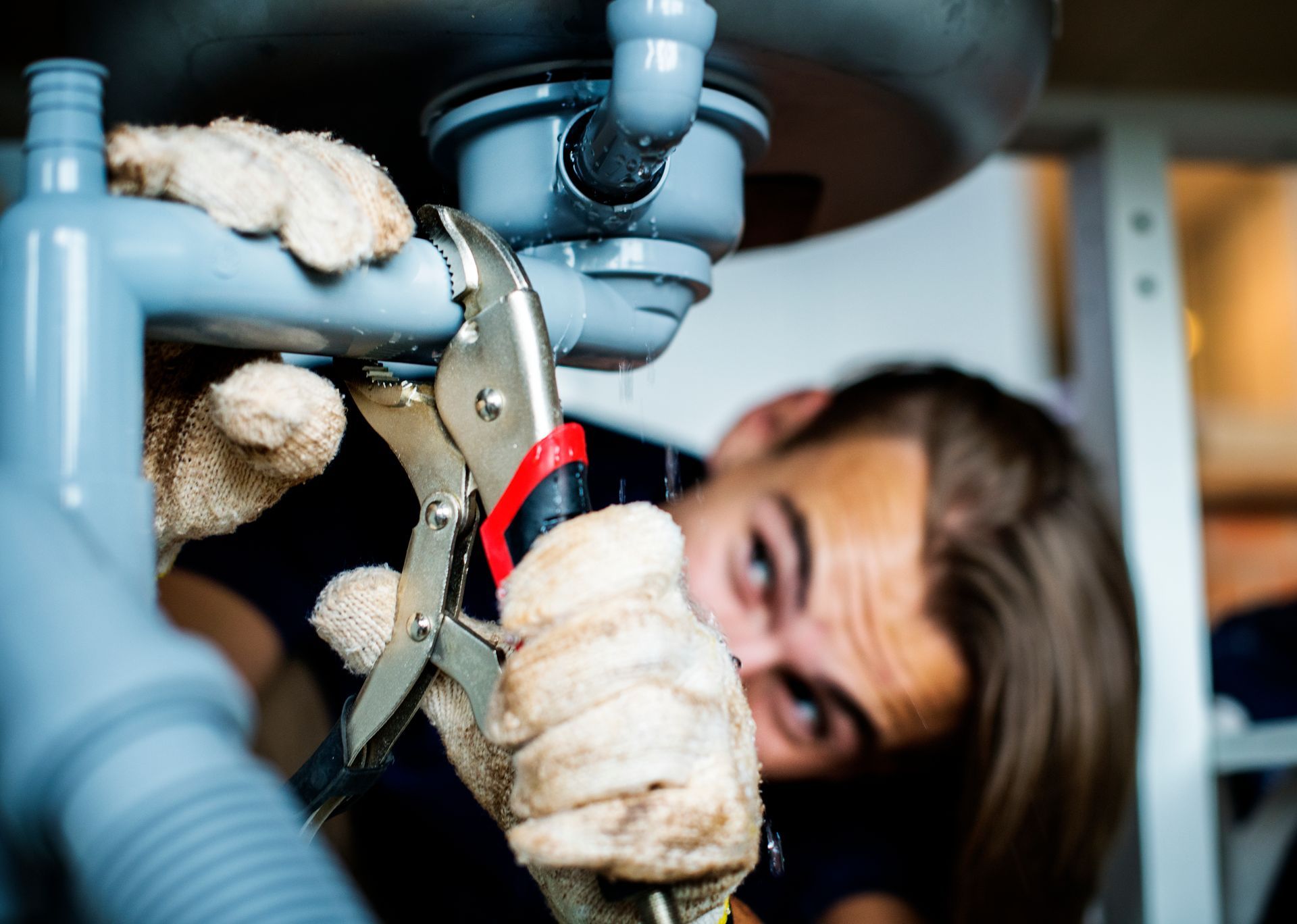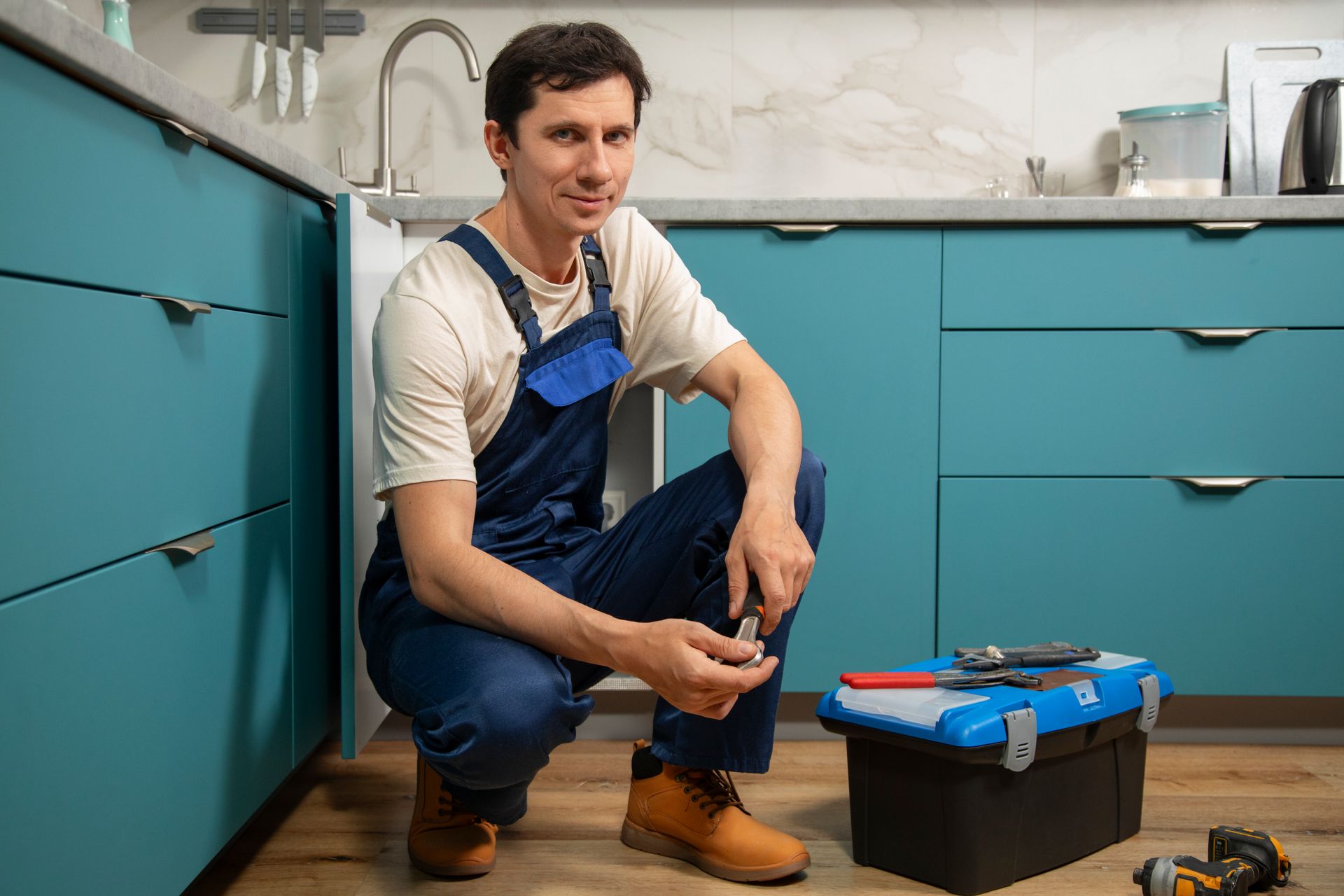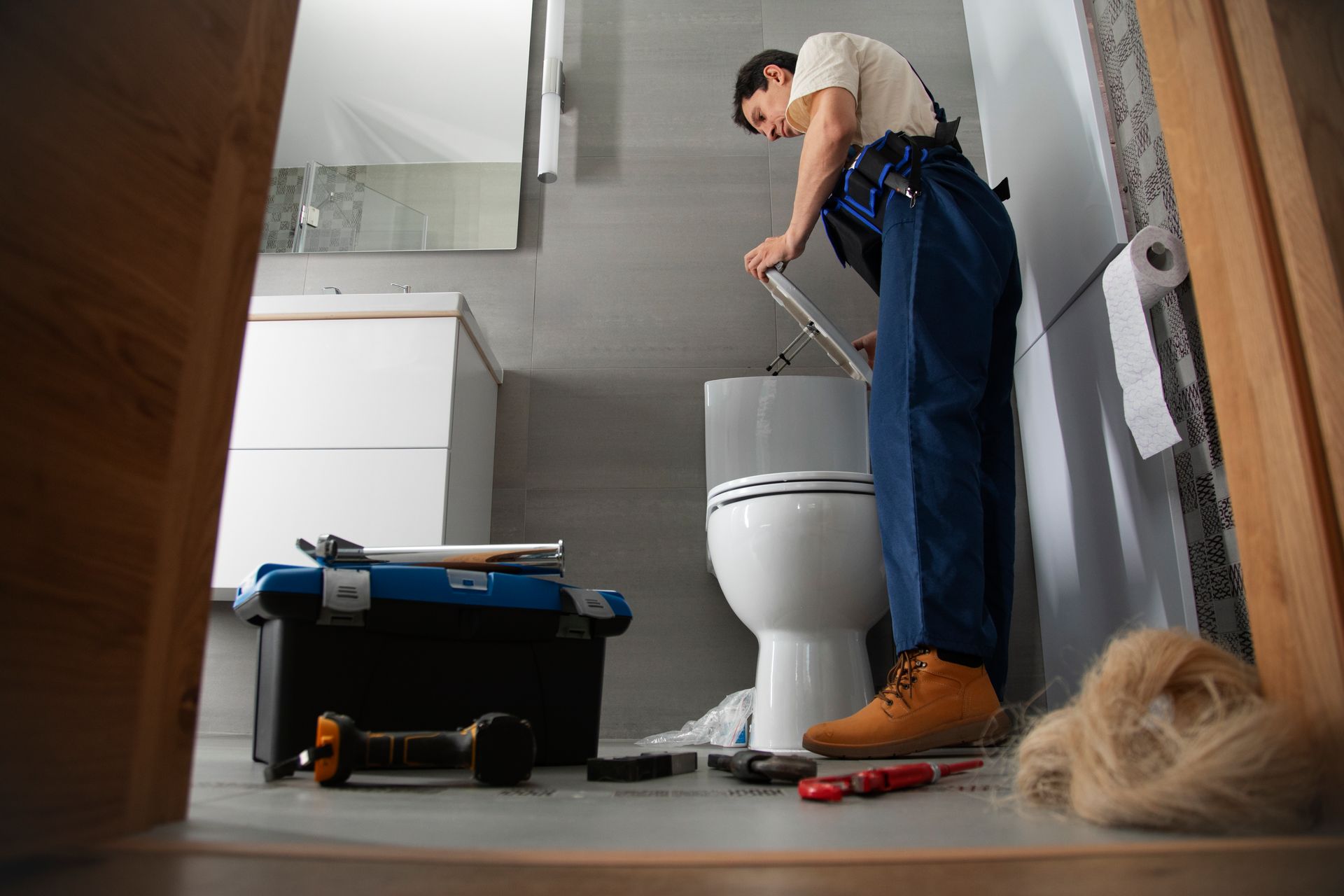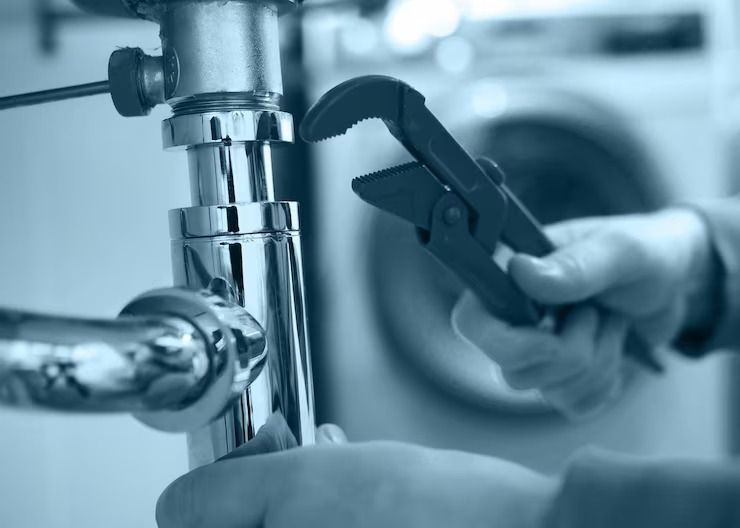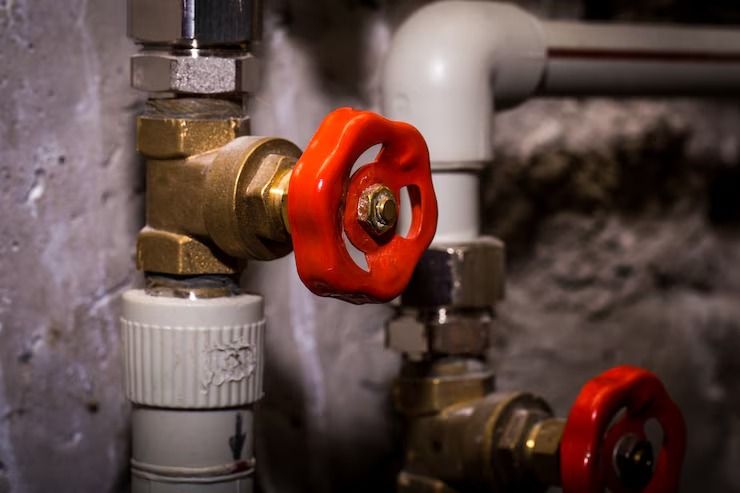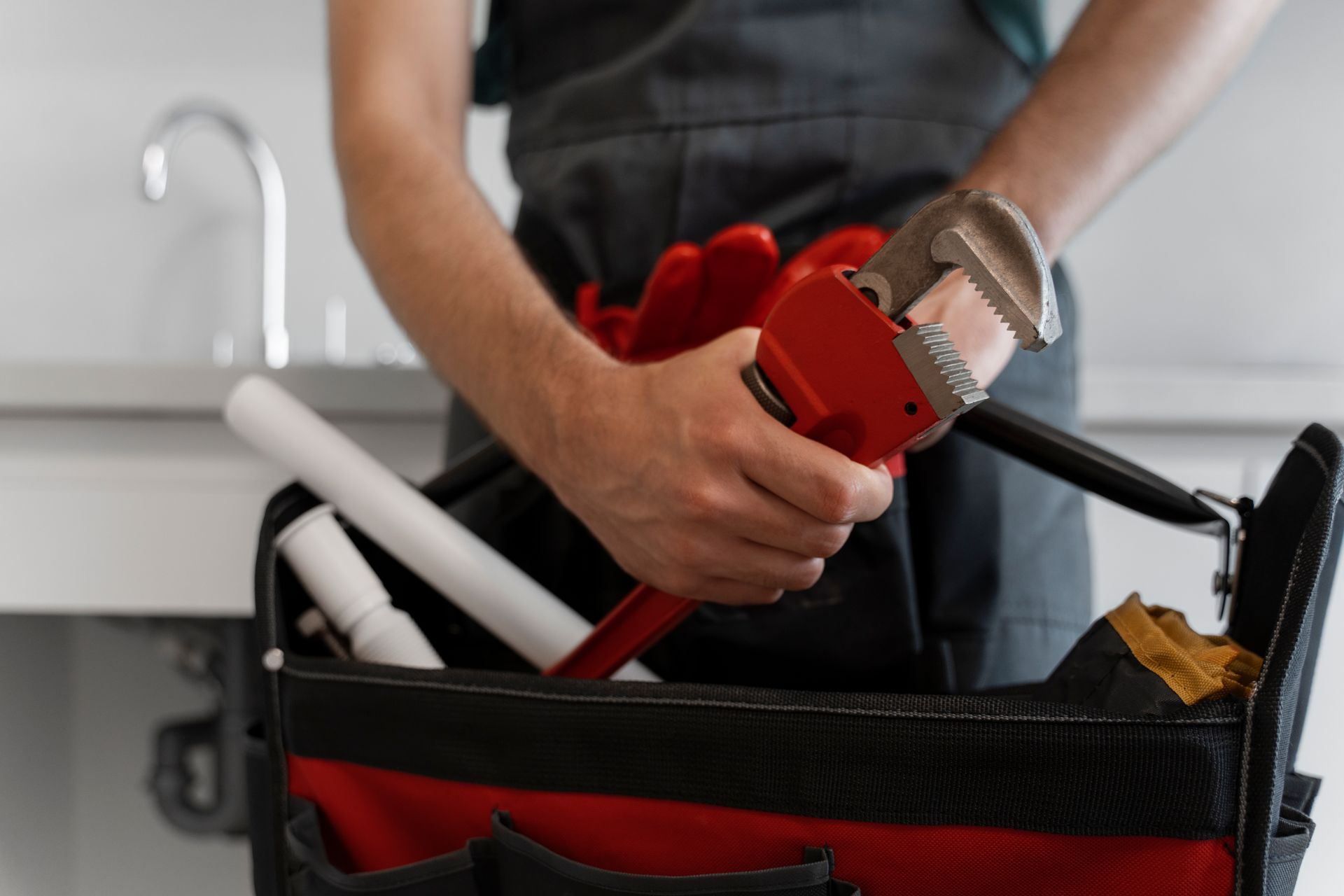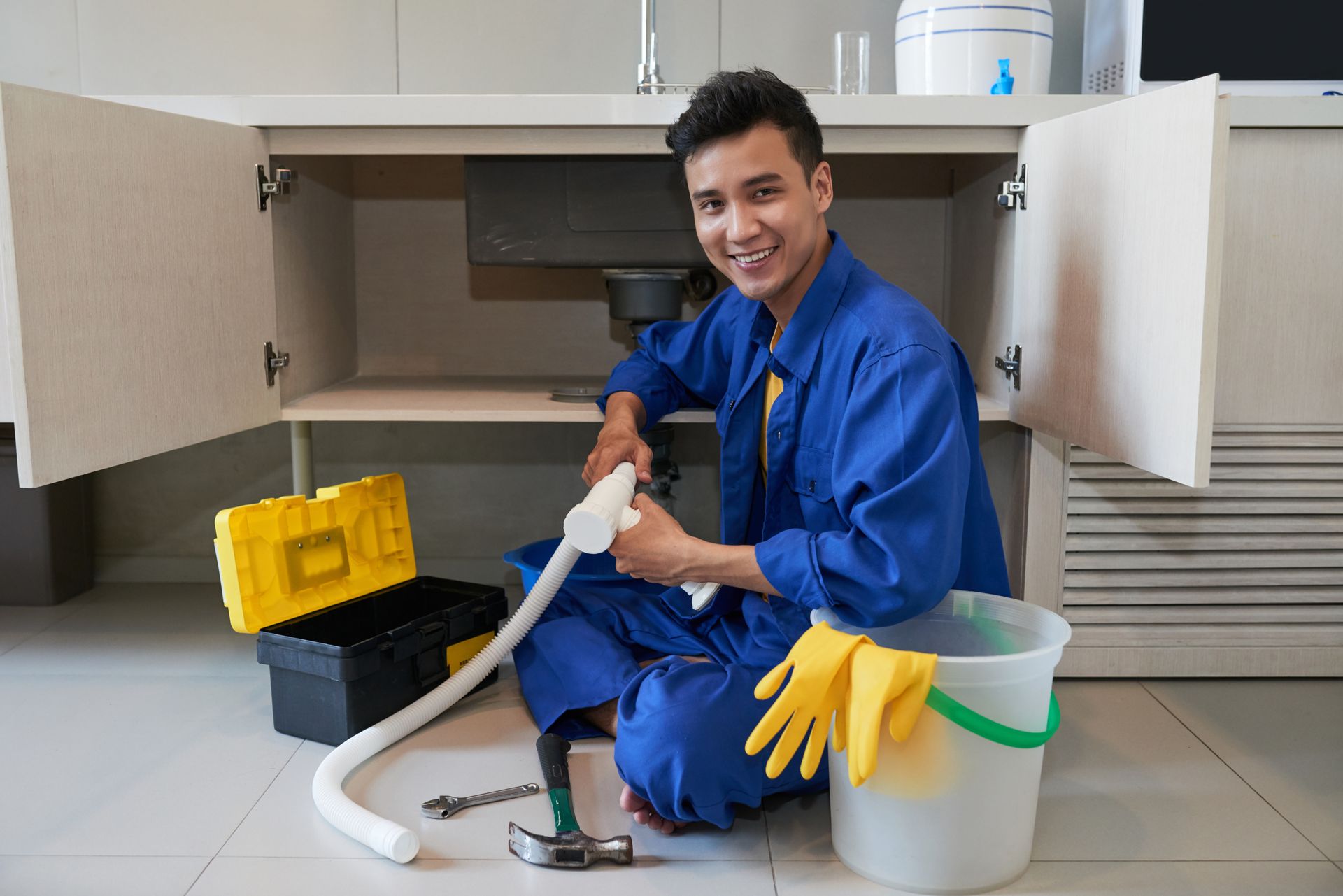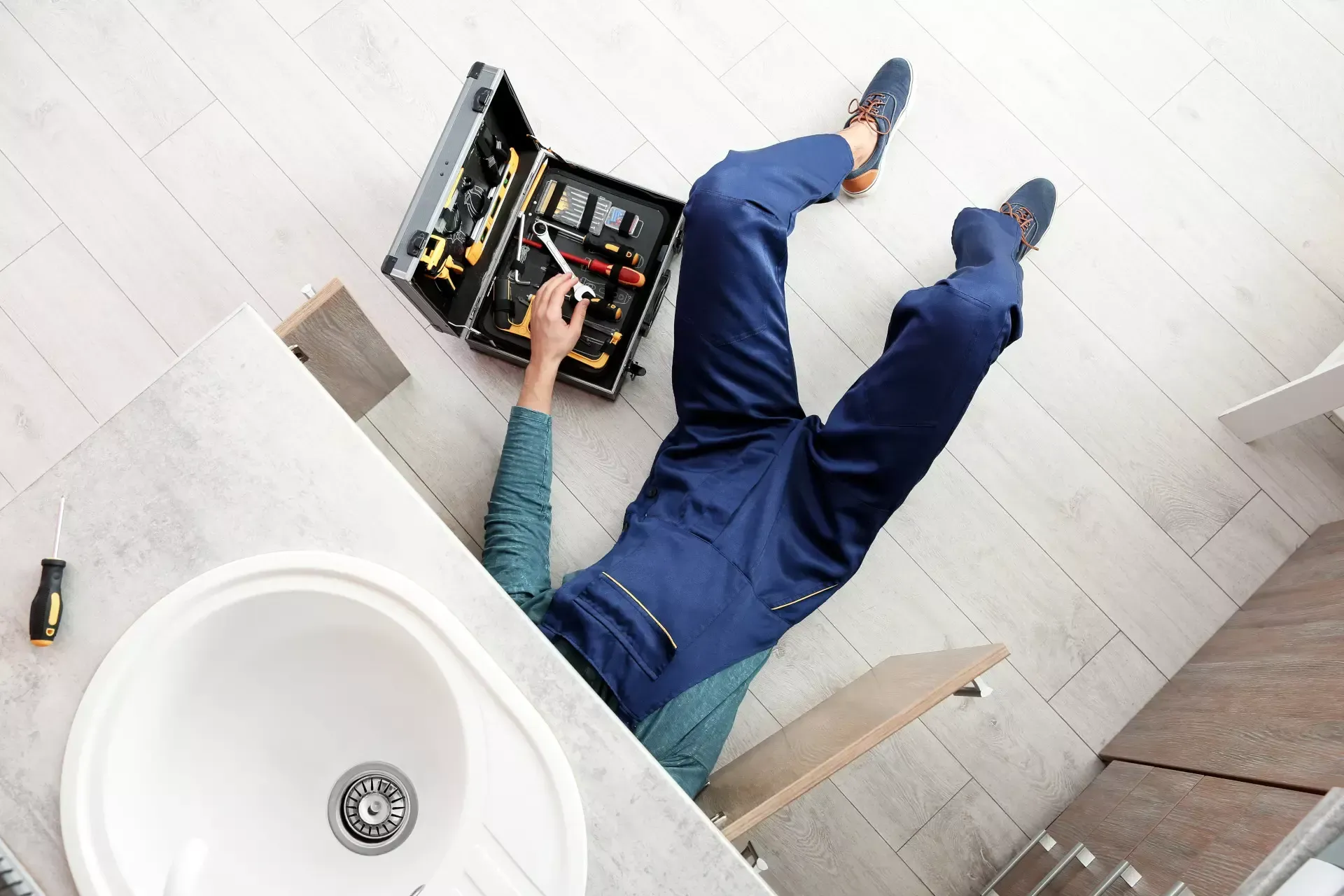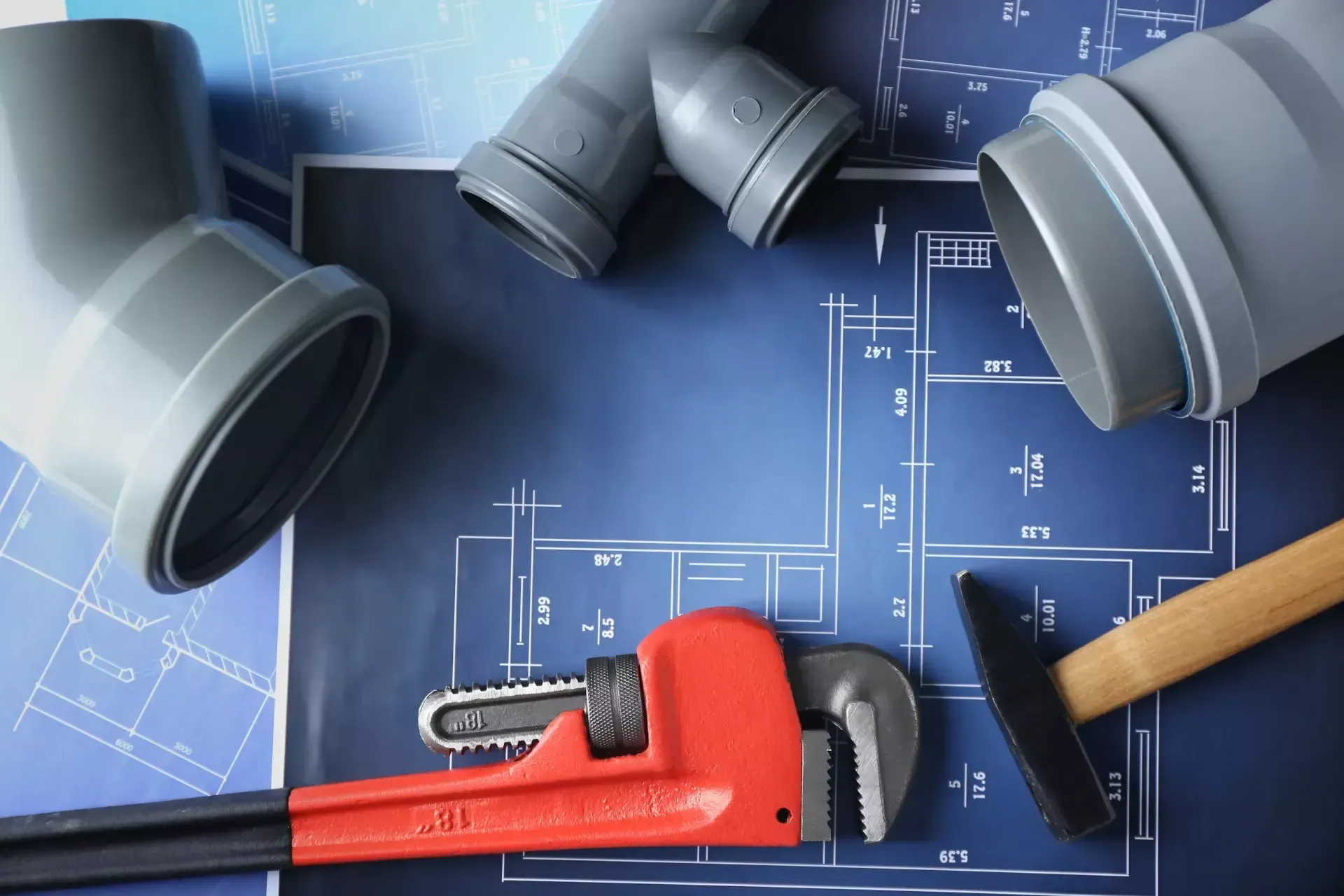Techniques for Tracking Down Wall Water Leaks - Cleveland Tips
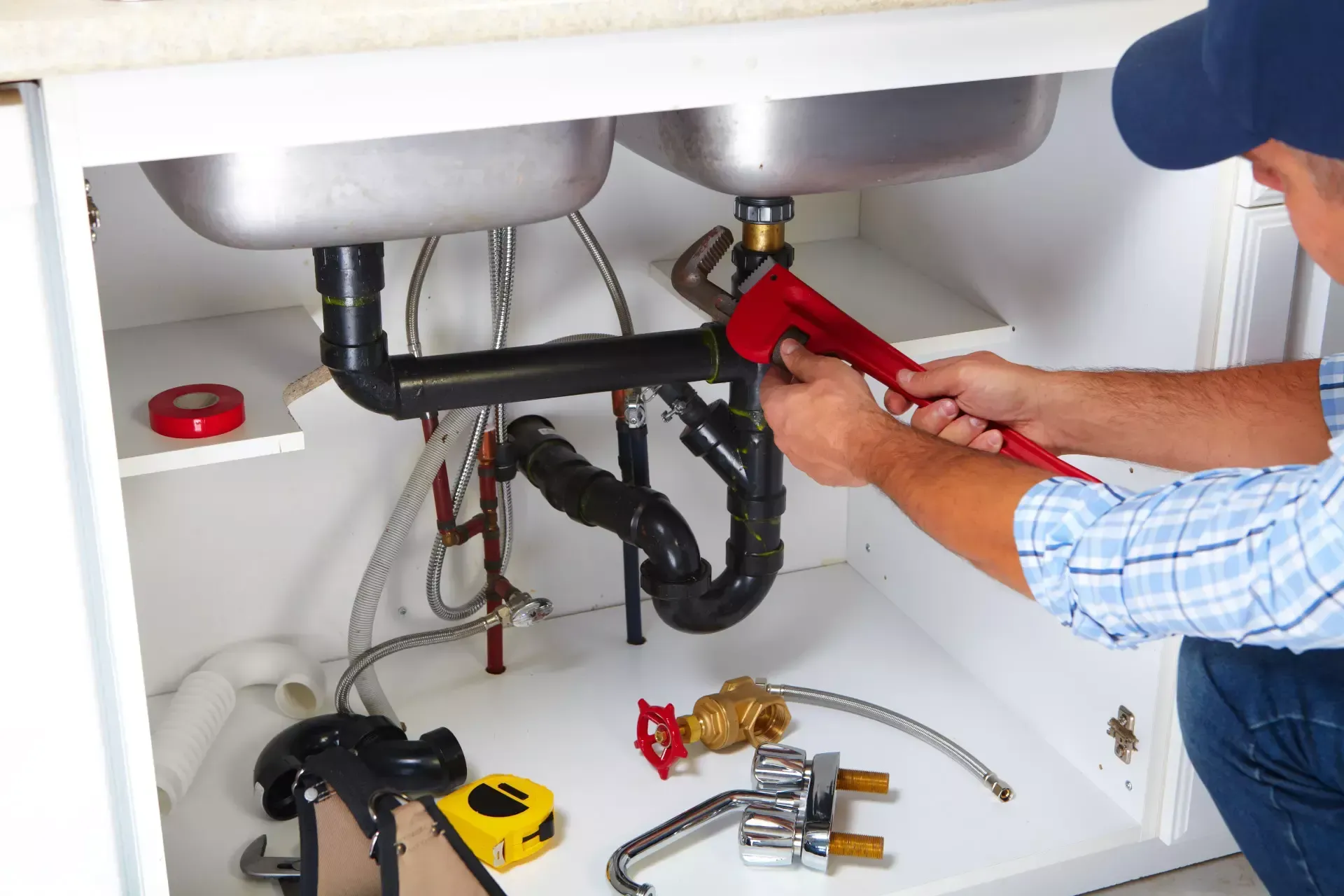
Water leaks inside walls can be silent saboteurs, causing extensive damage before you even notice a problem. As a homeowner or property manager in Cleveland, it's crucial to be vigilant and proactive in detecting and addressing these leaks. In this guide, we'll explore expert tips from Cleveland plumbers finest, Plunger Plumber, on how to find water leaks inside walls and mitigate potential damage.
Understanding the Signs of a Water Leak:
Before delving into detection methods, it's essential to recognize the signs of a potential water leak inside a wall. These indicators may include:
- Damp or discolored patches on walls or ceilings.
- Peeling or bubbling paint or wallpaper.
- Musty odors, especially in enclosed spaces.
- Warped or buckling wall surfaces.
- Unexplained increases in water bills.
These signs, especially when occurring together, warrant immediate investigation to prevent further damage.
Detection Methods:
Plunger Plumber recommends several methods for detecting water leaks inside walls:
- Visual Inspection: Begin by visually inspecting walls and ceilings for any signs of moisture, discoloration, or damage. Pay close attention to areas near plumbing fixtures, such as sinks, toilets, and showers, as well as exterior walls and areas prone to high humidity.
- Use a Moisture Meter: Invest in a moisture meter, a handy tool that measures the moisture content of various materials. Simply press the meter against the wall surface, and it will provide a reading indicating the presence of excess moisture, a potential sign of a water leak.
- Infrared Cameras: Infrared cameras can detect temperature differences caused by water leaks behind walls. These cameras are particularly useful for identifying hidden leaks without the need for invasive methods such as drilling or cutting into the wall.
- Sound Amplification: Water leaks often produce faint but distinct sounds, such as dripping or hissing, which may be amplified using a stethoscope or specialized listening device. Plunger Plumber's technicians are skilled in using this method to pinpoint the exact location of hidden leaks.
- Pressure Testing: In some cases, pressure testing the plumbing system can help identify leaks by pressurizing the pipes and monitoring for any pressure drops, indicating a leak somewhere within the system.
Taking Action:
Once you've confirmed the presence of a water leak inside a wall, prompt action is essential to prevent further damage. Plunger Plumber recommends the following steps:
- Shut Off Water Supply: Locate the main water shut-off valve and turn off the water supply to prevent additional water from leaking into the wall.
- Dry the Area: Use fans, dehumidifiers, or towels to dry any visible moisture on the walls, floors, or ceilings. Mold can begin to grow within 24-48 hours, so it's crucial to dry the area as quickly as possible.
- Repair the Leak: Depending on the severity and location of the leak, repairs may range from simple fixes, such as tightening a loose fitting or replacing a worn gasket, to more extensive repairs involving cutting into the wall to access and repair the damaged pipe.
- Monitor for Further Issues: After repairing the leak, monitor the affected area closely for any signs of recurring moisture or damage. Address any issues promptly to prevent future leaks or mold growth.
Prevention Tips:
Prevention is always better than cure when it comes to water leaks. Plunger Plumber recommends the following preventive measures:
- Regular Maintenance: Schedule regular inspections and maintenance of your plumbing system to identify and address any potential issues before they escalate into costly water leaks.
- Insulate Pipes: Insulating exposed pipes can help prevent them from freezing and bursting during cold weather, reducing the risk of water leaks.
- Seal Gaps and Cracks: Seal any gaps or cracks in walls, floors, or foundations to prevent water from seeping in and causing damage.
- Monitor Water Usage: Keep an eye on your water bill and monitor for any unexplained increases in usage, which may indicate a hidden leak.
Frequently Asked Questions
- What does a plumber do to pipes?
They work with intricate networks of pipes, fixtures, and fittings, ensuring proper connections and functionality. Plumbers carefully install and repair water supply lines, sewage systems, gas lines, and drainage systems, adhering to local building codes and safety standards. - What is the summary of plumbing?
plumbing, System of pipes and fixtures installed in a building for the distribution of potable water and the removal of waterborne wastes. Plumbing is usually distinguished from water and sewage systems, which serve a group of buildings or a city. - What is plumbing pipe called?
The most common plumbing pipes you'll find inside a home are PVC, PEX, ABS, copper, or galvanized steel pipe.
Conclusion:
Water leaks inside walls can wreak havoc on your home or property if left unchecked. By understanding the signs of a leak, employing effective detection methods, and taking prompt action to address any issues, you can minimize damage and protect your investment. Remember, when in doubt, don't hesitate to enlist the expertise of a professional Cleveland plumber like Plunger Plumber to ensure thorough and effective leak detection and repair. With vigilance and proactive maintenance, you can keep your Cleveland home safe and dry for years to come.
Don't let water leaks wreak havoc on your home or property. Take proactive steps today to protect your investment and avoid costly damage. Whether you've noticed signs of a leak or want to schedule preventive maintenance, contact Plunger Plumber, Cleveland's trusted experts, for professional leak detection and repair services. With our expertise and dedication to customer satisfaction, we'll help you keep your home safe and dry for years to come. Don't wait until it's too late – reach out to Plunger Plumber now and enjoy peace of mind knowing your plumbing is in good hands.
Ready to work with Plunger Plumber?
Let's connect! We’re here to help.
Send us a message and we’ll be in touch.
Or give us a call today at (216) 616-1468

